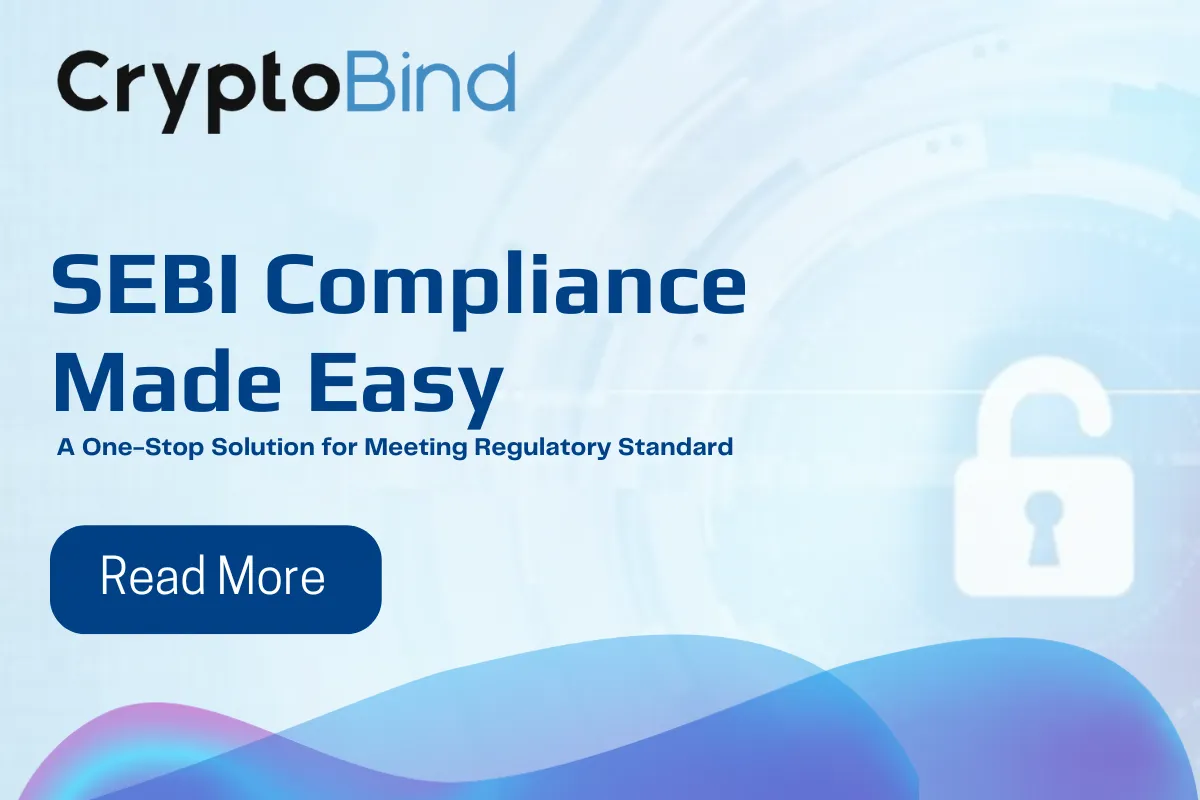As the financial industry adapts to technological advancements, cloud computing has become a revolution in terms of scalability, cost-effectiveness and accessibility. However, these benefits come with significant risks, particularly around data security and regulatory compliance. To address these concerns, SEBI recently announced guidelines, outlined in circular no. SEBI/HO/ITD/ITD_VAPT/P/CIR/2023/033 on March 6, 2023, regarding adoption of cloud services by entities regulated by SEBI, known as Regulated Entities or REs. These guidelines establish a framework for REs to ensure robust data protection when adopting cloud services. In this article, we examine the key risks, control measures and best practices outlined in the SEBI circular dated March 6, 2023 for securing data in the cloud.
These guidelines establish a comprehensive framework that regulated entities (REs) must adhere to, encompassing essential standards for security and regulatory compliance when implementing cloud solutions.
According to the guidelines, REs are required to conduct a thorough assessment of risks associated with cloud computing and implement necessary control measures before adopting cloud services. By following the recommendations outlined in the framework, REs can effectively manage risks through robust risk assessment strategies and the implementation of appropriate controls, thereby ensuring safety and compliance with regulatory requirements.
The main objective of this circular is to highlight the main risks and critical control measures that REs should consider and implement when adopting cloud computing technology.
Requirements of SEBI Regulations:
This framework imposes certain requirements on regulated entities to improve cloud data security. The main provisions of the framework are as follows:
- Prepare a detailed incident plan.
- Implement data encryption at rest.
- Identify and encrypt sensitive data or personally identifiable information (PII) in transit.
- Implement file-level encryption and tokenization for sensitive data.
- Use a dedicated hardware security module (HSM).
- Implement a key management system.
- Make sure backup data is encrypted along with the primary data.
- Deploy data leak prevention (DLP) measures.
- Implement log retention policies and enforce a password policy for all assets.
- Require two-factor/multi-factor authentication for users accessing data.
How can JISA Softech help you?
JISA Softech offers a range of solutions that can greatly help organizations meet the requirements and challenges presented by the framework for adopting cloud services.
- CryptoBind Hardware Security Module (HSM): JISA Softech provides a robust and dedicated hardware security module solution. HSMs provide secure storage and management of cryptographic keys, providing a high level of protection against key compromise and unauthorized access. By implementing CryptoBind HSM, organizations can improve the security of their encryption keys and strengthen the overall protection of their data.
- CryptoBind Key Management System (KMS): Effective key management is essential to maintaining the confidentiality and integrity of encrypted data. The CryptoBind key management system provides a complete solution for securely generating, storing and distributing encryption keys. This solution ensures that encryption keys are managed efficiently and in accordance with industry standards, helping organizations meet the framework’s requirements.
- CryptoBind encryption and tokenization: CryptoBind encryption and tokenization solutions offer advanced techniques to protect sensitive data. These solutions allow organizations to encrypt data at rest and in transit, ensuring that it remains protected from unauthorized access. Additionally, tokenization replaces sensitive data with tokens, making it useless to unauthorized individuals. By implementing these solutions, organizations can improve the security of their data and meet the encryption and tokenization requirements of the framework.
- CryptoBind Authentication Solution: To meet two-factor or multi-factor authentication requirements, JISA Softech offers a robust CryptoBind authentication solution. This solution provides secure and reliable authentication mechanisms, such as password authentication, biometrics and security tokens. By implementing this solution, organizations can strengthen their user authentication processes and reduce the risk of unauthorized access to cloud data.
Our comprehensive solutions can help organizations effectively implement the security measures outlined in the framework. These solutions enable organizations to improve the security of their cloud data, protect sensitive information, and ensure compliance with regulatory requirements.
For more information on SEBI compliance and how to effectively implement the required solutions, do not hesitate to contact us. Our team at JISA Softech is dedicated to providing comprehensive solutions and support to ensure that your organization meets the necessary requirements and improves its data security in accordance with SEBI regulations. Contact us today for an expert consultation and advice.
Contact us:
www.jisasoftech.com | Sales@jisassotech.com | +91-9619222553

